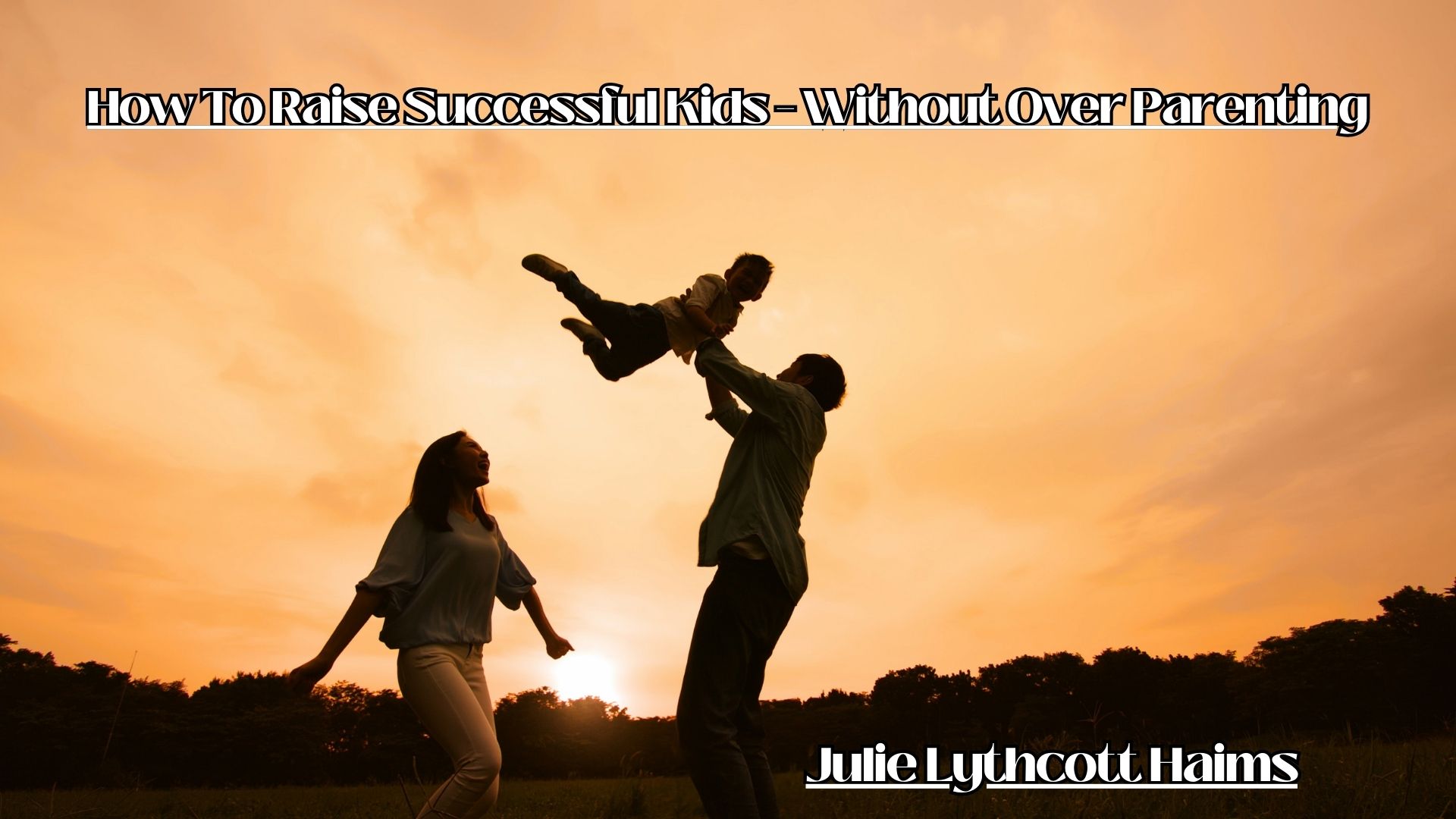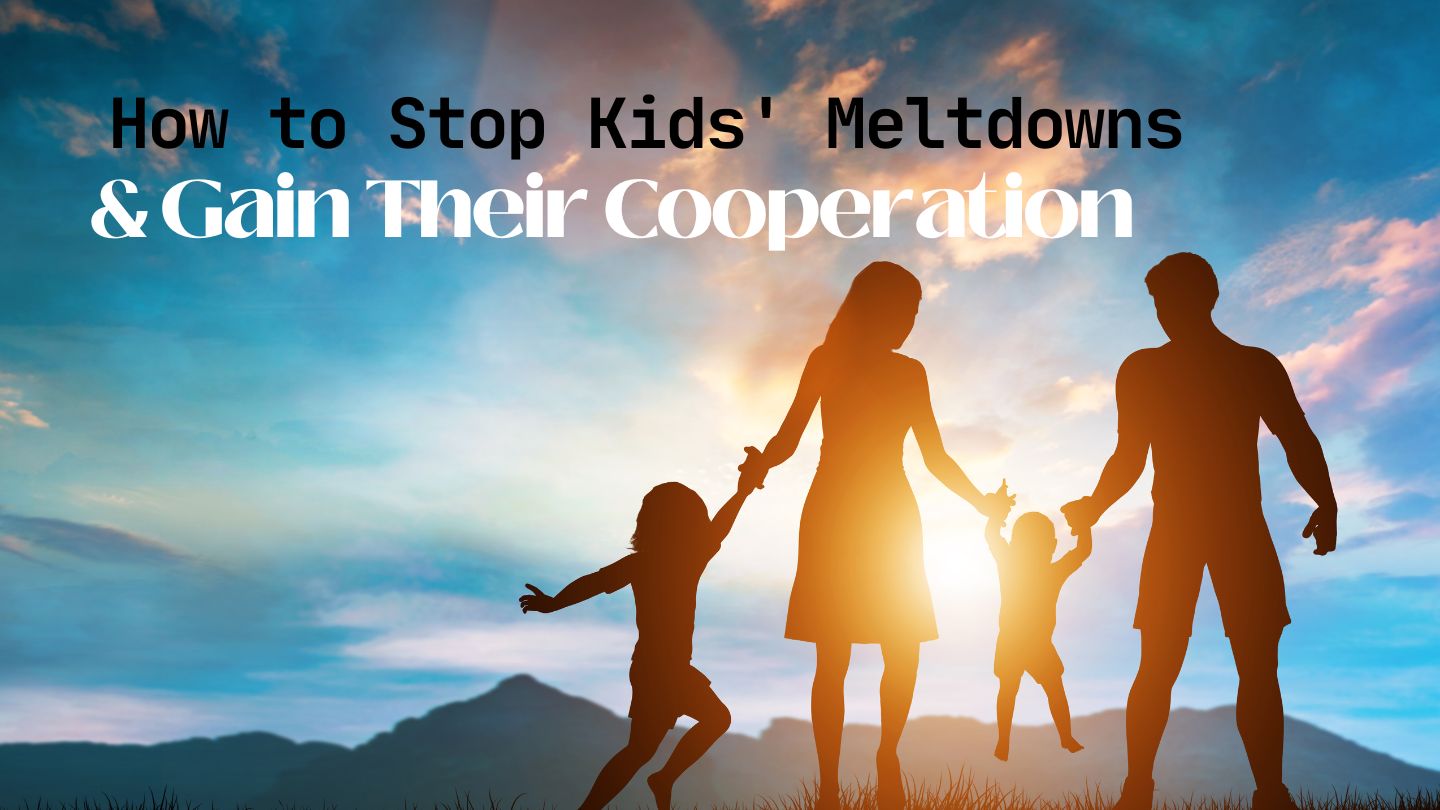Latest From Upschool
- How to Stop Kids’ Meltdowns and Gain Their Cooperation
- Making Big Decisions When You and Your Co-Parent Disagree
- Building Your Child’s Self Esteem
- Separation Anxiety & Starting School
- Why Parents Should Listen to Kids
- How To Raise Emotionally Intelligent Children
- How to Combat End of Year Fatigue
- Navigating Technology and Kids: A Guide for Parents
-
-
No videos yet!
Click on "Watch later" to put videos here
- View all videos
-
-
-
Don't miss new videos
Sign in to see updates from your favourite channels
-
>
>
How To Raise Successful Kids – Without Over Parenting: Julie Lythcott Haims
Guest Contributors
Health & Wellbeing (Guest Contributors)
How To Raise Successful Kids – Without Over Parenting: Julie Lythcott Haims

Published by: Digital Schools
In her TED Talk "How to Raise Successful Kids—Without Over Parenting," Julie Lythcott-Haims, former dean of freshmen at Stanford University and author of the book How to Raise an Adult, addresses the pitfalls of helicopter parenting. She argues that overparenting can lead to children who are dependent, anxious, and ill-prepared for adult life.
Lythcott-Haims emphasises the importance of allowing children to develop autonomy, resilience, and a sense of self-efficacy. She highlights three main points:
Stop doing for your kids what they can do for themselves:
Parents should encourage children to take responsibility for their own tasks and challenges, fostering independence and confidence.
Let your kids make their own choices:
Allowing children to make decisions, even if they make mistakes, helps them learn and grow from their experiences.
Prepare them for the real world:
Teach children essential life skills such as time management, problem-solving, and self-advocacy, which are crucial for their success and well-being in adulthood.
Lythcott-Haims concludes by reminding parents that their ultimate goal is to raise self-sufficient adults who can navigate life's ups and downs with confidence and competence.
https://youtu.be/CyElHdaqkjo?si=qqz7J5msPVgFnFNm
TAGS
The content by "Digital Schools" which can be found under the "Guest Contributor" category on this platform is produced by Digital Schools PTY LTD. Digital Schools works in partnership with the school as a 3rd party provider to help build and maintain the school website. As well as this, we assist the school by engaging with a range of experts who already provide products and/or services to educational institutions and we work with them to produce and publish information to this website that we think may be relevant, interesting or topical to families within the community.
PLEASE NOTE: The views, opinions and content published by us are that of the "Guest Contributor" and/or publisher (Digital Schools). It should be noted that whilst the publisher and guest contributors are acting with the best intentions and in the best interests of the school and their community, sometimes the content may not necessarily reflect the views of the school. We welcome your feedback. Down the bottom of this page is a feedback form so you can let us know what you think.
NEW TO EXPLORE




